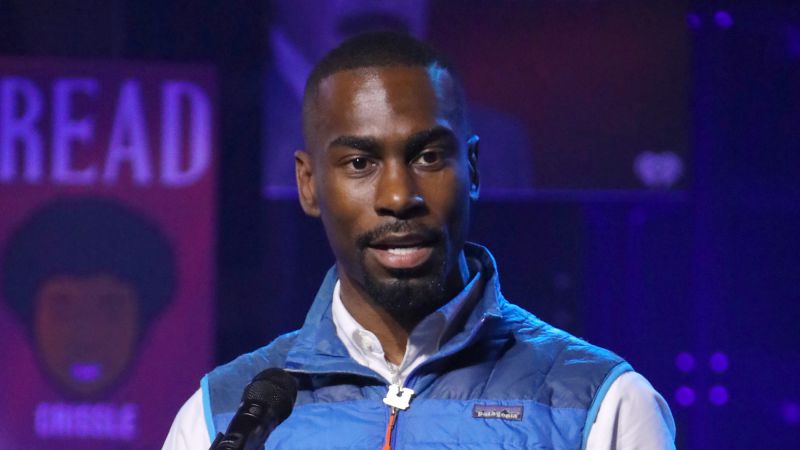The Supreme Court declined to hear an appeal from Black Lives Matters organizer DeRay Mckesson, allowing a lower court’s decision to stand. Critics fear this could limit the First Amendment rights of Americans to organize protests against the government and police. Mckesson’s case will return to a lower court for further review, with Justice Sonia Sotomayor suggesting that a previous First Amendment decision from the court could work in Mckesson’s favor.
The case stems from a Baton Rouge protest following the 2016 killing of Alton Sterling by police, which resulted in protests across the nation, some turning violent after the killing of George Floyd in Minneapolis in 2020. Lawyers for an officer injured in the Baton Rouge protest argued that Mckesson’s planning of the protest was unlawful and that the violence was foreseeable. They claimed the First Amendment does not protect against damage claims for negligent, illegal, and dangerous actions.
Mckesson relied on a Supreme Court decision from 1982 related to the Civil Rights Movement, which limited liability for protest organizers in similar situations. The officer in the current case argued that the violence in Louisiana was foreseeable and a consequence of Mckesson’s actions. The Supreme Court had previously considered the case and remanded it to appeals courts to review Louisiana law, but Mckesson still lost in the subsequent legal proceedings.
The US Court of Appeals for the 5th Circuit sided with the officer, who remains anonymous, stating that Mckesson organized and led the protest in a manner likely to incite lawless action. A partial dissent from US Circuit Judge Don Willett argued that the majority’s decision would diminish First Amendment protections for protest leaders. Despite these legal battles, the case highlights the ongoing tension between First Amendment rights and the consequences of organizing protests that turn violent.
The case poses important questions about the limits of free speech in the context of protest organization and the potential legal consequences for organizers. It also brings attention to the challenges faced by activists fighting for social justice and the potential implications for future protest movements. Overall, the Supreme Court’s decision not to hear Mckesson’s appeal and the lower court’s ruling underscore the complexities of balancing constitutional rights and public safety in the context of civil unrest.


